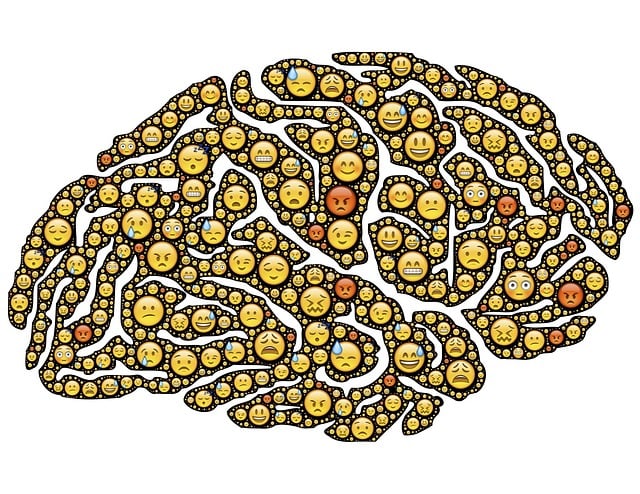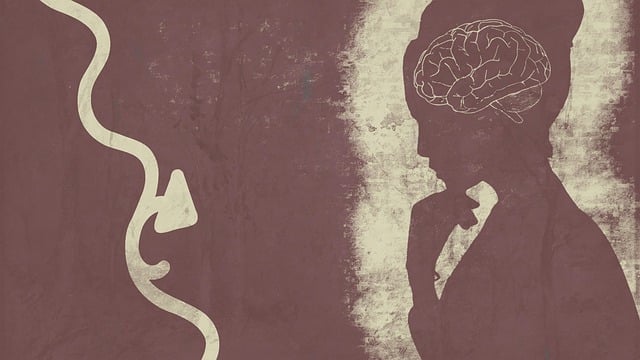Englewood Therapy for Therapists-Clinicians offers a comprehensive mental health education program that goes beyond basic awareness, focusing on building resilience, preventing burnout, and fostering empathy. The curriculum blends theoretical knowledge with practical application, using interactive sessions, case studies, and role-plays to enhance engagement. Key aspects include anxiety relief techniques, risk management planning, ethical considerations, and handling challenging situations. Through strategic approaches like workshops, peer discussions, and public awareness campaigns, therapists gain advanced skills in emotional healing and crisis intervention. Continuous evaluation and feedback mechanisms ensure program quality, making Englewood Therapy's initiatives leaders in clinical education for improved mental well-being.
Mental health literacy is a crucial aspect of holistic well-being, yet comprehensive education programs are often lacking. This article explores the design of an engaging mental health education program tailored for therapists and clinicians, focusing on practical strategies to enhance their practice. We delve into the structure, curriculum, and implementation techniques that foster effective learning. By understanding the need for such programs, professionals can better navigate complex cases, improve client outcomes, and contribute to a more supportive therapeutic environment.
- Understanding Mental Health Literacy: The Need for Comprehensive Education
- Program Structure: Creating an Engaging and Effective Curriculum
- Implementation Strategies: Delivering the Program to Therapists-Clinicians
- Evaluation and Feedback: Measuring Success and Continuous Improvement
Understanding Mental Health Literacy: The Need for Comprehensive Education

Mental health literacy refers to the understanding and awareness of mental health conditions, their causes, symptoms, and available treatments. It equips individuals with the knowledge to recognize when help is needed and navigate support systems effectively. In today’s world, where stress, anxiety, and depression are prevalent, enhancing mental health literacy is more crucial than ever. Professionals, including therapists and clinicians from Englewood Therapy for Therapists-Clinicians, play a vital role in fostering this literacy through comprehensive education programs.
Comprehensive mental health education goes beyond basic awareness; it focuses on building resilience, preventing burnout among professionals, and teaching empathy. By integrating strategies to combat depression prevention and promoting healthy coping mechanisms, these educational initiatives empower individuals to support not just themselves, but also their clients. Such programs can significantly contribute to creating a more empathetic society and improving overall mental well-being.
Program Structure: Creating an Engaging and Effective Curriculum

Creating an engaging and effective mental health education program requires a structured curriculum that balances theory with practical application. The program should be designed to cater to different learning styles, ensuring therapists-clinicians gain valuable knowledge and skills in a dynamic environment. Incorporating interactive sessions, case studies, and role-plays can significantly enhance engagement, making complex topics more accessible. Moreover, integrating Anxiety Relief and Emotional Well-being Promotion Techniques into the curriculum equips professionals with essential tools to support clients’ mental health needs.
Effective programs also emphasize risk management planning for mental health professionals, addressing ethical considerations and practical strategies for handling challenging situations. By fostering a safe learning space, participants can openly discuss cases, receive constructive feedback, and develop coping mechanisms for their own emotional well-being. This holistic approach not only strengthens their practice but also encourages personal growth, making them more effective in providing Englewood Therapy to their clients.
Implementation Strategies: Delivering the Program to Therapists-Clinicians

Implementing a mental health education program for therapists-clinicians requires strategic approaches to ensure its effectiveness. One key strategy is tailoring the curriculum to meet the unique needs and challenges faced by professionals in the field, such as those at Englewood Therapy. This can involve interactive workshops, case studies, and peer discussions that foster an engaging learning environment. By incorporating practical exercises and real-world scenarios, therapists gain valuable skills in emotional healing processes, crisis intervention guidance, and navigating complex client situations.
Additionally, leveraging public awareness campaigns can enhance the program’s reach and impact. These campaigns not only promote mental health literacy among the general public but also serve as a platform to showcase the importance of ongoing professional development for therapists-clinicians. Through collaborative partnerships with community organizations, academic institutions, and government agencies, such initiatives ensure that evidence-based practices are disseminated widely, ultimately benefiting both practitioners and their clients.
Evaluation and Feedback: Measuring Success and Continuous Improvement

Evaluation and feedback are integral components of any successful mental health education program. To gauge the impact and effectiveness of the curriculum, institutions should employ a multifaceted approach that includes pre-and post-program assessments to measure knowledge gain and skill development among therapists and clinicians. These evaluations can be in the form of quizzes, case studies, or practical exercises designed to assess understanding of topics such as stress management, mood management, and communication strategies.
Feedback from participants is also invaluable. Encouraging open dialogue through surveys and focus groups allows for insights into what aspects of the program were most beneficial and where improvements can be made. Integrating these perspectives into continuous quality improvement initiatives ensures that Englewood Therapy’s programs remain at the forefront of clinical education, benefiting both therapists and the clients they serve.
Mental health education programs, like those designed for therapists and clinicians, must be comprehensive, engaging, and continuously improving. By understanding mental health literacy and structuring curricula that cater to diverse learning needs, we can enhance the effectiveness of therapy services. Implementation strategies tailored to Englewood Therapy’s unique context ensure that practitioners are equipped with the latest knowledge and skills. Continuous evaluation and feedback loops enable us to measure success and make data-driven adjustments, ultimately improving patient outcomes and fostering a healthier society.














